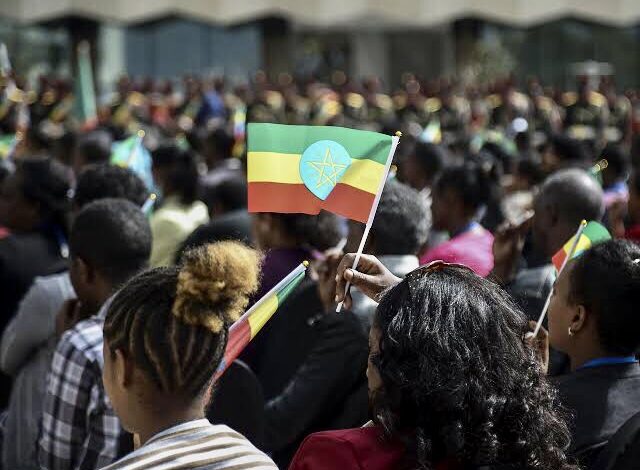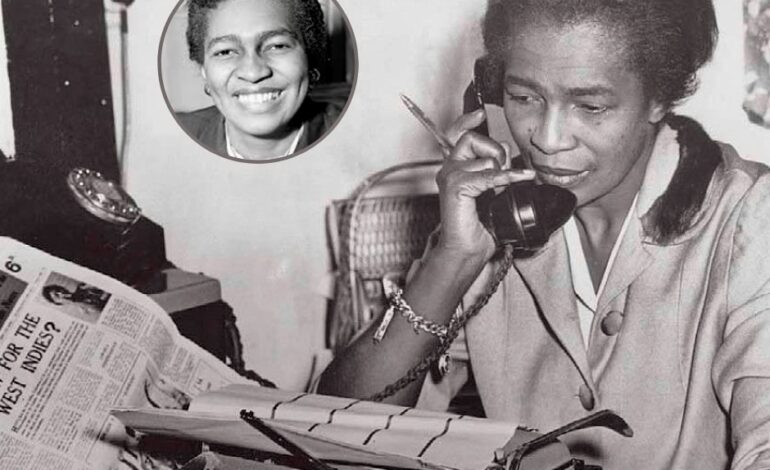
Faith Nyasuguta
Ethiopia, one of Africa’s fastest-growing economies, has applied to join the BRICS bloc of emerging markets, the foreign ministry has said. If allowed, BRICS could soon become BRICSE.
The term BRIC was coined by Goldman Sachs economist Jim O’Neill in 2001 to describe the rise of Brazil, Russia, India and China. The BRIC powers had their first summit in 2009 in Russia. South Africa joined in 2010.
“We expect BRICS will give us a positive response to the request we have made,” foreign ministry spokesman Meles Alem told journalists, according to the state-run news agency ENA.
He noted that Ethiopia will continue to work with international institutions that can protect its interests.
The horn of Africa nation has the second-largest population in Africa, but its economy ranks only 59th in the world according to the International Monetary Fund, and is less than half the size of the smallest BRICS member South Africa.
In its request, Ethiopia has cited its key role in founding the African Union and other institutions, along with its national interest as grounds for seeking BRICS membership. There are some key reasons why Ethiopia would want to join the grouping.
Deteriorating relations with western powers: Ethiopia has historically depended on substantial western support through aid and security cooperation. But its relations with the west have soured as a result of the civil war, in which human rights violations were reported.
Alternative growth frontier: Ethiopia remains one of Africa’s fastest growing economies, at over 5% a year. It has developed strong economic ties with China in recent decades. Similarly, Indian companies have been acquiring land in Ethiopia. China and India are now Africa’s two largest single trading partners (not counting the European Union as a single entity).
Joining BRICS would signal openness and lead to greater cooperation through platforms like the business council and forum. It could also add impetus to the “resurgent Ethiopia” narrative, an image the authorities are keen to promote to attract investments.
Negotiations over finance: The Ethiopian government is negotiating a financial package with the International Monetary Fund. Joining BRICS might give it greater leverage. Western powers, which largely control the IMF, might be more wary of alienating Ethiopia in BRICS and driving it further “into the arms” of China. The creation of a new BRICS currency, to challenge US dollar hegemony, is on the agenda and its existing Contingency Reserve Arrangement already partly competes with the IMF.
Non-interference policy: BRICS powers rhetorically largely subscribe to non-interference in the sovereign affairs of other states, with the qualification that President Lula de Silva of Brazil talked about “non-indifference” to human rights when he was previously in power and Russia has violated the principle through invasions and election interference, amongst others.
Ethiopia may be interested in the political cover that joining BRICS would provide. The Russian invasion of Ukraine has received political cover from China, and some would argue from South Africa. The Ethiopian government may be keen to avoid human rights governance conditions attached to new loans, aid or debt relief from the west.
A prime minister seeking new friends: BRICS membership would help restore the tarnished image of Prime Minister Abiy Ahmed, who is a Nobel peace prize recipient. Ahmed was heavily criticised as a war-monger during the civil war in Ethiopia’s Tigray region. Joining the BRICS club would show that his government is still politically acceptable to some major world powers.
Last year Argentina, the world’s 23rd-largest economy, said it had received China’s formal support to join the group, which is seen as a powerful emerging-market alternative to the West.
BRICS countries account for more than 40% of the world’s population and about 26% of the global economy.
RELATED:




